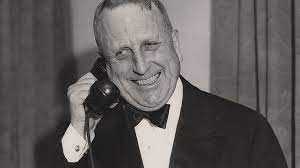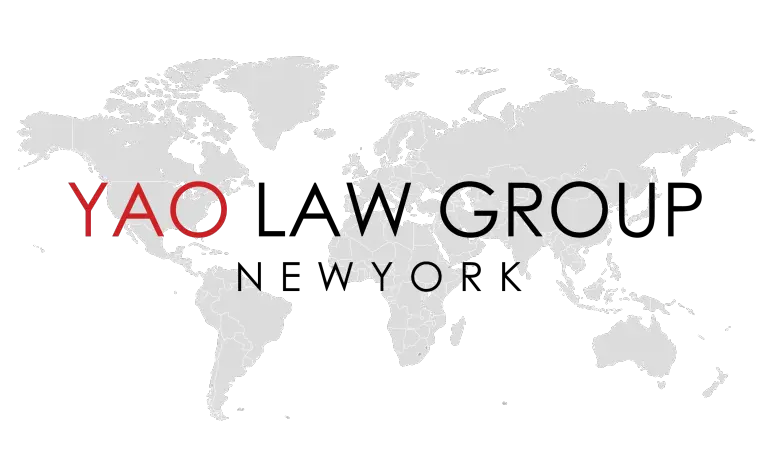As an American citizen, I take pride in the rich history and values that our nation was founded upon. One of the most important elements of our democracy is the Constitution, which outlines the rights and freedoms that we cherish. Every year, on September 17th, we celebrate Constitution Day, a day dedicated to remembering and honoring this important document. In addition, we also celebrate Citizen Day, a day dedicated to acknowledging and celebrating the contributions of citizens to our society. In this article, I will provide a guide to Constitution Day and Citizen Day. Including their significance, history, activities, and initiatives.
Introduction to Constitution Day and Citizen Day
Constitution Day is a federal observance that commemorates the signing of the United States Constitution on September 17, 1787. This day was established in 2004, when Senator Robert C. Byrd of West Virginia added an amendment to the Consolidated Appropriations Act of 2005, which requires all educational institutions that receive federal funding to provide educational programming on the history of the American Constitution on or around September 17th each year. Citizen Day, on the other hand, is a day dedicated to celebrating civic engagement. And the contributions of citizens to our society. This day is celebrated on September 17th as well. And serves as an opportunity to recognize the importance of active citizenship and community involvement.
The Significance of Constitution Day
The Constitution is the foundation of our democracy and serves as the supreme law of the land. It outlines the powers and duties of the federal government, as well as the rights and freedoms of American citizens. The Constitution is a living document, which means that it can be amended over time to reflect the changing needs of our society. Constitution Day is an important reminder of the principles and values that our nation was founded upon. And provides an opportunity to reflect on the importance of our constitutional rights and responsibilities.
The History of Constitution Day
The idea of a day dedicated to the Constitution dates back to 1939. When William Randolph Hearst proposed the idea to Congress. However, it wasn’t until 1952 that President Harry Truman signed a bill into law designating September 17th as Constitution Day. In 2004, as previously mentioned, Senator Robert C. Byrd added an amendment to the Consolidated Appropriations Act of 2005. Which requires educational institutions that receive federal funding to provide educational programming on the history of the American Constitution on or around September 17th each year. This amendment also changed the name of the holiday from “Citizenship Day” to “Constitution Day and Citizenship Day.”

Constitution Day Activities and Events
There are many ways to celebrate Constitution Day, both in schools and in the community. Educational institutions that receive federal funding are required to provide programming on the history of the American Constitution on or around September 17th each year. This programming can take many forms, including lectures, discussions, and interactive activities. In addition, many museums and historical landmarks offer special programming on Constitution Day, such as guided tours and exhibits.
Teaching the Constitution in Schools
Teaching the Constitution in schools is an important part of Constitution Day. Educational institutions that receive federal funding are required to provide programming on the history of the American Constitution on or around September 17th each year. This programming can take many forms, including lectures, discussions, and interactive activities. In addition, many schools incorporate the study of the Constitution into their regular curriculum, teaching students about the principles and values that our nation was founded upon.
Citizen Day: Celebrating Citizenship and Civic Engagement
Citizen Day is a day dedicated to celebrating civic engagement and the contributions of citizens to our society. This day is an opportunity to recognize the importance of active citizenship and community involvement. Citizen Day is celebrated on September 17th, the same day as Constitution Day. And serves as a reminder of the rights and responsibilities that come with being an American citizen.
There are many ways to celebrate Citizen Day and promote civic engagement in your community. Some examples include volunteering at a local charity, participating in a community service project, or attending a town hall meeting. In addition, many organizations offer special programming on Citizen Day, such as voter registration drives and citizenship workshops.
Honoring the Constitution and Citizenship in Your Community
Honoring the Constitution and citizenship in your community is an important part of being an active citizen. There are many ways to do this, including attending local government meetings, volunteering for a political campaign, or participating in a community service project. In addition, it is important to stay informed about important issues and to exercise your right to vote.
Promoting Awareness and Participation in Constitution Day and Citizen Day
Promoting awareness and participation in Constitution Day and Citizen Day is essential to ensuring that these important holidays continue to be celebrated and recognized. Some ways to do this include organizing educational programming in your community, advocating for legislation that supports civic engagement, and participating in social media campaigns that promote these holidays.
Embracing our Constitutional Rights and Responsibilities
In conclusion, Constitution Day and Citizen Day are important holidays that remind us of the principles and values that our nation was founded upon. These holidays provide an opportunity to reflect on the importance of our constitutional rights and responsibilities and to celebrate the contributions of citizens to our society. By embracing our constitutional rights and responsibilities and being active citizens, we can ensure that our democracy continues to thrive for generations to come.
Read Also:


